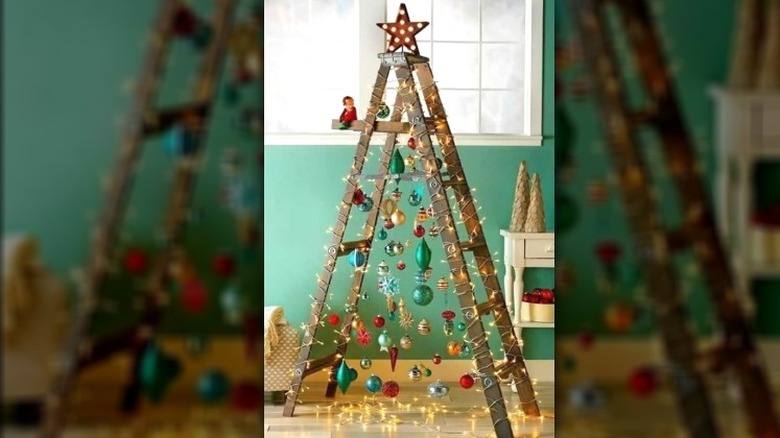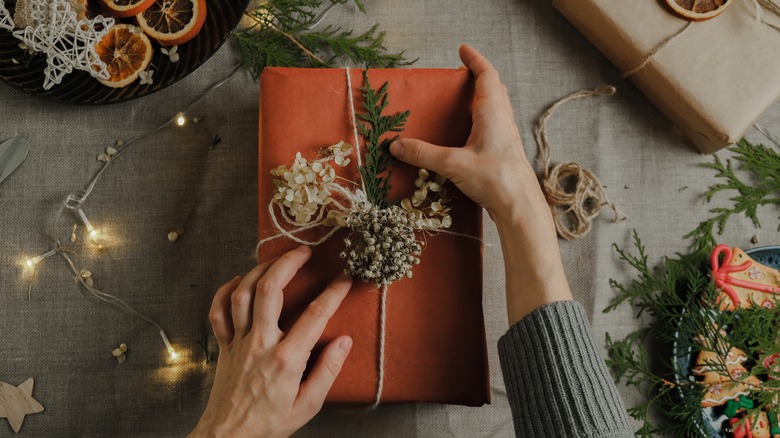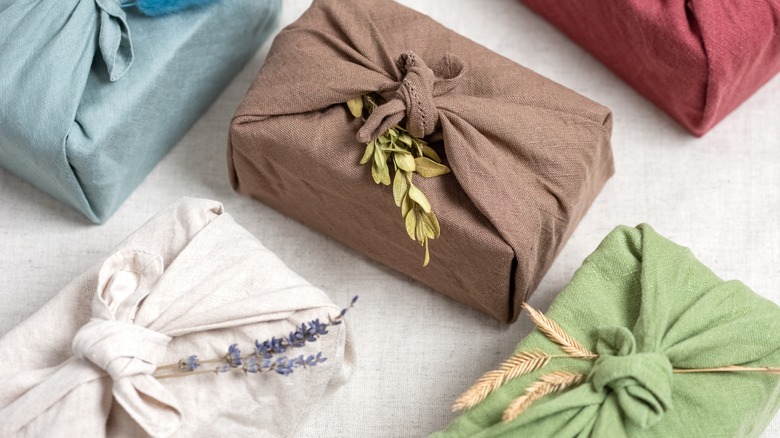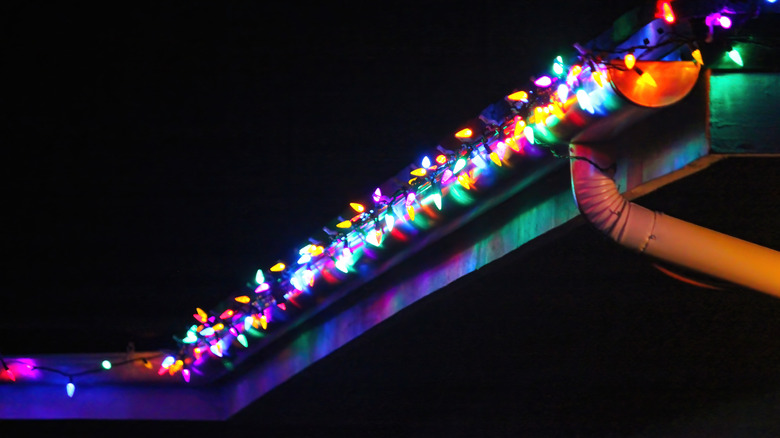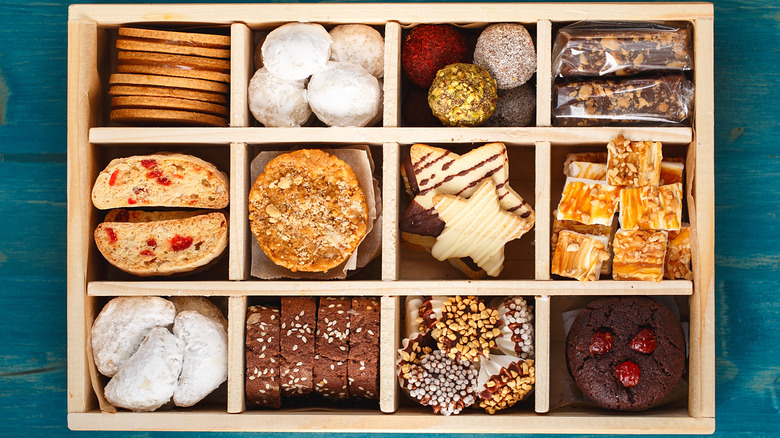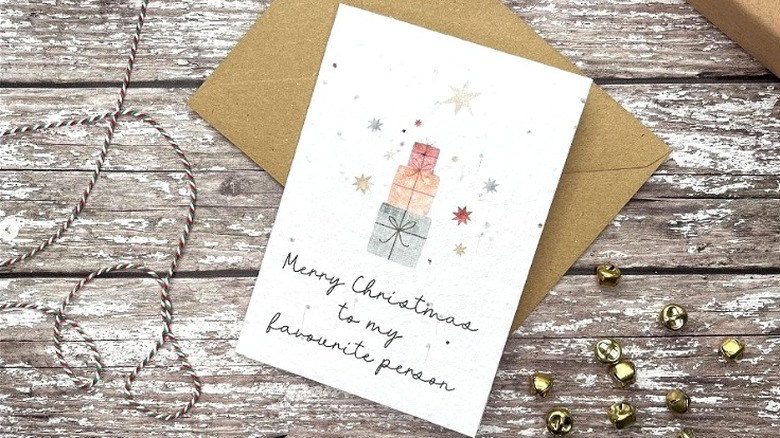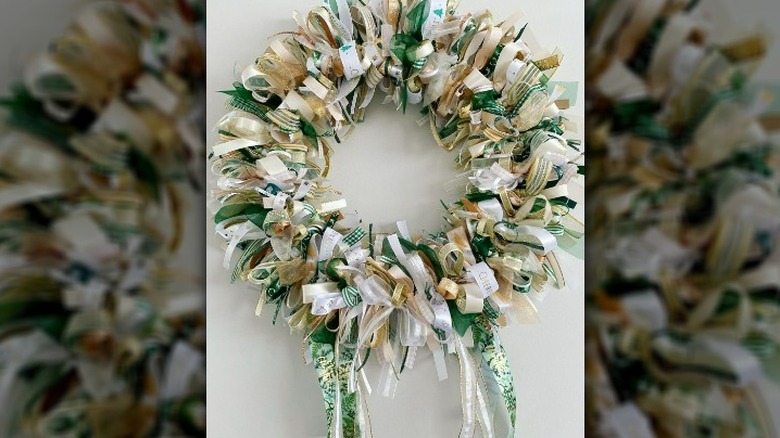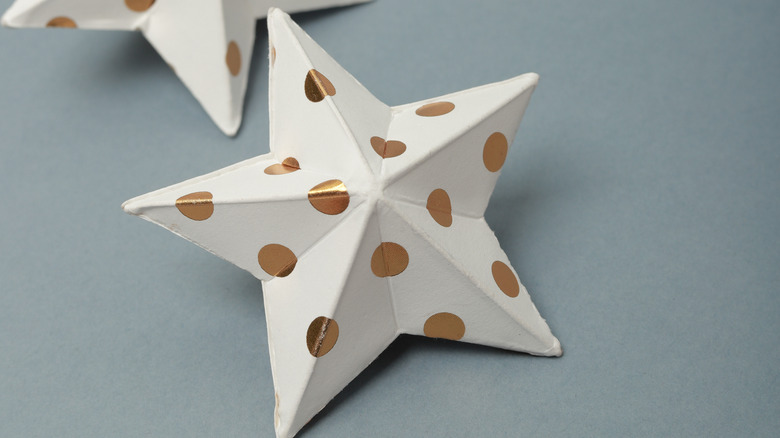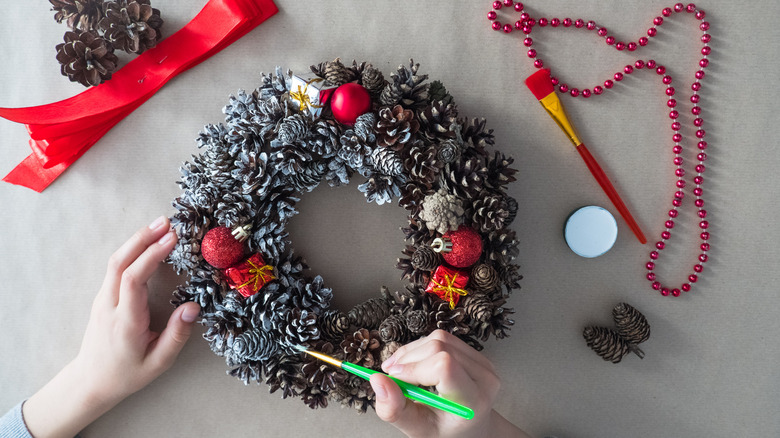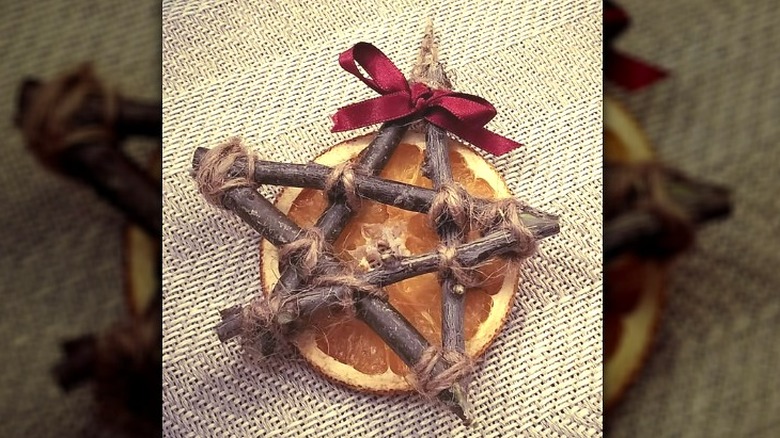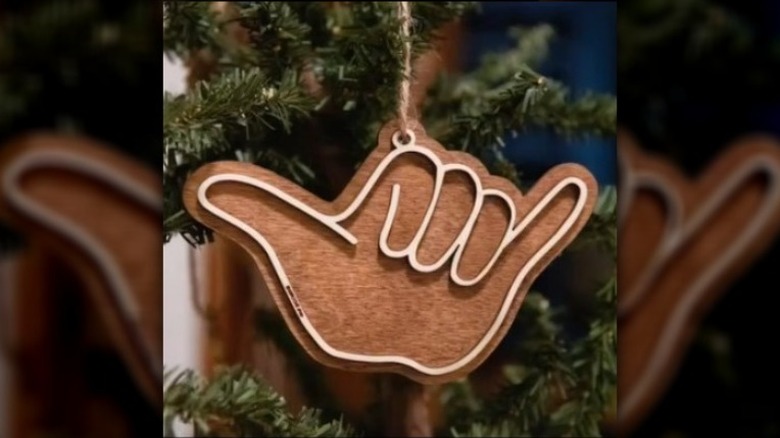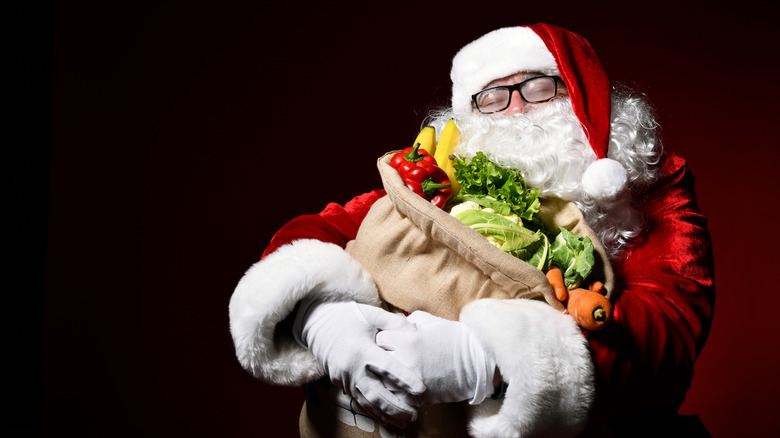12 Ways To Have A Sustainable Christmas In Your Home
Sustainability is not a new buzzword. It's not a passing fad, nor is it a weird viral happening on TikTok, but it is the overall theme in 2023 on all fronts, writes Exploding Topics. That's because our planet is seriously hurting. (We can thank the binge-worthy eco-forward documentaries continually circulating the streaming platforms for pushing it front and center). While one likes to focus on the negative, someone always has to be the bearer of bad news, so we'll take on that burden. When it comes to big, bright, festive holidays like Christmas, they're usually not that good for the planet.
Now that we've got that out in the open, it's time to turn that frown upside down because we've pulled together some of the simplest and straightforward ways that you can become an ecological Christmas elf. From earth-friendly gift wrapping to green décor, environmentally friendly trees, and even sustainable food practices, the following tips will help you lead a more earth-aware holiday season. After all, the holidays are all about spreading joy and happiness for everyone, including the planet.
1. Find an alternative to a tree farm
We understand that the smell of pine is synonymous with Christmas, but it's best to steer clear of trees harvested from farms because they're just not sustainable, per North Dakota State University. They can also carry pesticides, which is no bueno. Instead, purchasing a potted tree, buying from a local farmer, decorating plants you already have, or even getting an artificial tree made with recycled or sustainable materials is much more earth-friendly, notes LiveKindly. Or you can even create one with books on your wall using LED lights and Command hooks.
2. Use sustainable wrapping paper
Unfortunately, most wrapping paper is not recyclable, which means it's destined for the landfill, writes Treehugger. On top of that, Commercial Waste notes that the CO2 emissions produced from wrapping paper production only is equal to what 4,917 cars produce on the road. So while your local government can't recycle most ribbons, bows, and tissue paper, that doesn't mean you can't reuse them (or repurpose them). If you really feel the need to deck out your packaging, embrace your creative side and use newspaper, magazines, fabric, or even old maps.
3. Practice the art of furoshiki
Furoshiki is the traditional Japanese art form used for wrapping gifts with fabric (not paper), says Invaluable. Besides it being a sustainable and economical way to present gifts to your friends and loved ones, practicing furoshiki also teaches you to be mindful and present in the moment (via KonMari). Plus, gifts that are wrapped using the furoshiki method just look really aesthetically pleasing. Of course, you can use this art form on most size presents, but since we're talking about sustainability right now, we're hoping that yours aren't that extravagantly big.
4. Use LED lights
Christmas lights have come a long way since people started holiday house-lighting in Germany circa the 17th century, writes Christmas Light Source. Nowadays, LEDs are in, which is great because incandescent bulbs release nearly two million tons of carbon dioxide into the air, per Forbes. Plus, they'll really hike up your utility bill. (Yet another reason to use LEDs). If you're already using these light types, perhaps it's time to consider using solar-powered twinklers since they are the most sustainable option, using zero energy. So, you don't have to decorate like a Griswold to enjoy the holiday.
5. Get creative with your gifting
If you're planning on purchasing gifts, it's always best to keep it local. Sometimes, vintage or antique shops can be perfect for finding an unusual or specific gift, so find a local artist and support their small business (kudos if they use sustainable practices). Or consider practical gifts, like sustainability-focused subscription boxes, certificates, or gift cards to small gastropubs, cafés, or boutiques. Donate in the receiver's name. If you're buying for kiddos, give presents that are made with recycled materials. When in doubt, bake up some cookies. You can't go wrong with sweet treats.
6. Mail plantable Christmas cards
Everyone loves to get cards. It's a small, thoughtful gesture that lets people know you're thinking of them, but sending cards that bring joy and benefit the environment is even better. Plantable holiday ones are great for doing just that. If you really want to get eco-friendly and personal, try making your own seed-based card, or even gift tags, Countryfile suggests. Just make sure to check if there are any botanical restrictions because some states, like Hawai'i, have strict laws about what goes in and out.
7. Make your own wreath
There's nothing more welcoming than being greeted by a door with a Christmas wreath. Instead of buying one from the store, just make your own out of organic materials that can be sourced from nature. Per Ridge Vineyards, you can also use inorganic objects, like last year's Christmas ribbon, pre-made bows, or even wine corks. The best part is your wreath is made with good intentions (and a minimal carbon footprint).
8. Explore cardboard
Reusing cardboard boxes for gifts is to be expected, but what about repurposing them to make indoor décor? (They'd go great with your upcycled ornaments). For instance, 3D Christmas trees, like the ones on Artful Parent, are easy to make and can be decorated to fit your home's holiday color palette. You could also make stars for your tree or hang around your dwelling via Miss Mustard Seed. Finally, create sustainable gift boxes by attaching a smaller star to a larger one. Just make sure to paint them with eco-friendly paint like tempera or gouache.
9. Revamp old ornaments into décor
If you have ornaments that look like they've been around for one too many Christmas parties but you can't bear to part with them for sentimental reasons, just upcycle them. Shiny baubles can be added to a bookshelf for a nice festive aesthetic or used for inside and outside décor, as Southern Crush At Home notes. Remember the homemade front door wreath? Older ornaments can be used for that, too. In fact, if you have a surplus, you should try your hand at making an upcycled ornament statement wreath, per The Happier Homemaker.
10. Or make natural ones
You don't have to go shopping for new tree jewelry every year. Instead of driving somewhere and contributing to the greenhouse gases (up to 1.4 billion tons) produced by automobiles each year, per Fuel Economy, get outside and be inspired by the world around you. Making an eco-friendly Christmas ornament is as simple as finding discarded pieces of nature, attaching a string or ribbon to it, and hanging it on the tree. Then you get the holiday feels, not just because you made your own ornament, but because you did it without hurting the planet.
11. Battle capitalism
Shop local and shop little. Just because you're purchasing gifts doesn't mean they have to be big. It's the thought that counts, remember? Farmer Soul notes that small artisanal crafted mementos, like figurines or ornaments, often have some pretty interesting stories attached to them. It also goes back to mindfulness and putting thought into your actions. These artists put good vibes into their work, and being a small business owner isn't easy; the global crisis showed us that. But supporting small and/or locally-owned businesses really benefits everyone involved — you, the artist, the community, and the planet.
12. Plan a more veggie-centric holiday feast
It's totally fine if you still want an organic, locally sourced, humanely raised animal protein for your meal centerpiece, per Forbes, but don't forget to go heavy on the vegetable-based sides. Dishes that traditionally use butter or cream can easily be turned vegan or vegetarian by using plant-based dairy products. We've come a long way since tofu was the only vegetarian protein option on the market. For produce, ESG News reminds you to keep it local and seasonal, and don't forget to compost your scraps and divvy up your leftovers in eco-friendly containers.

